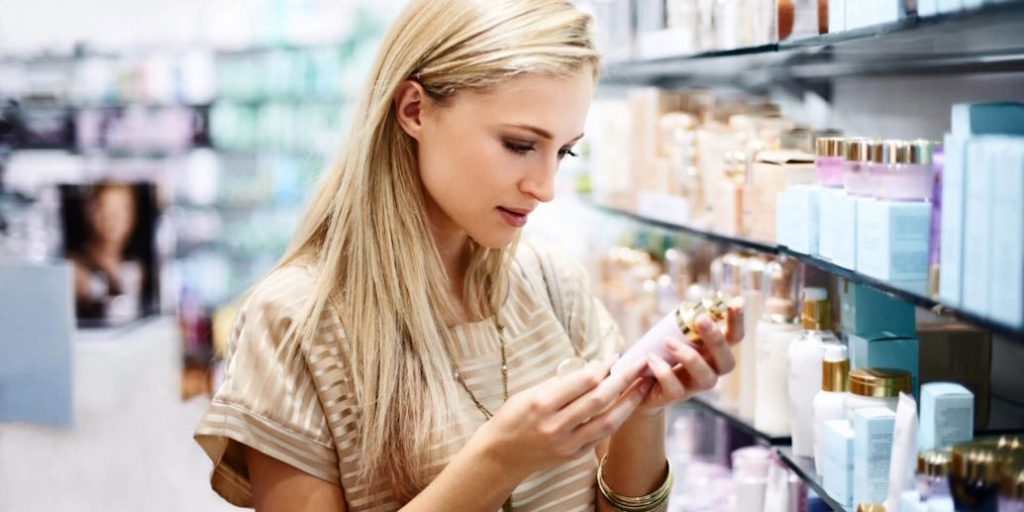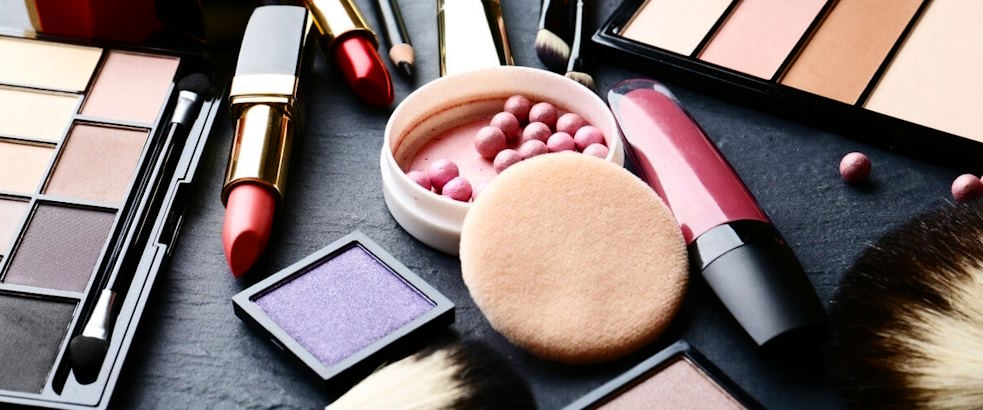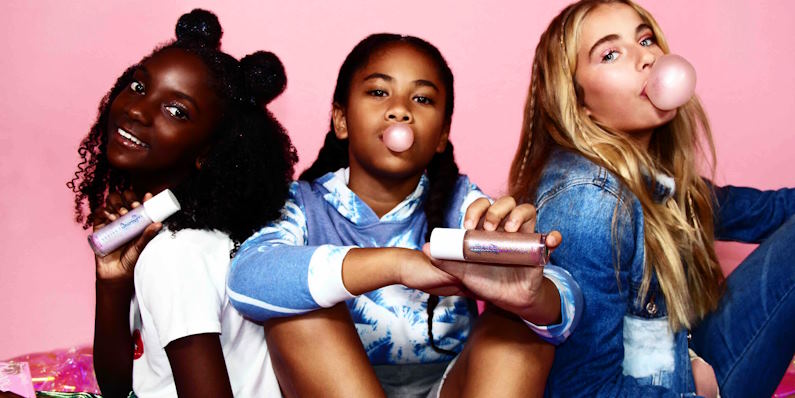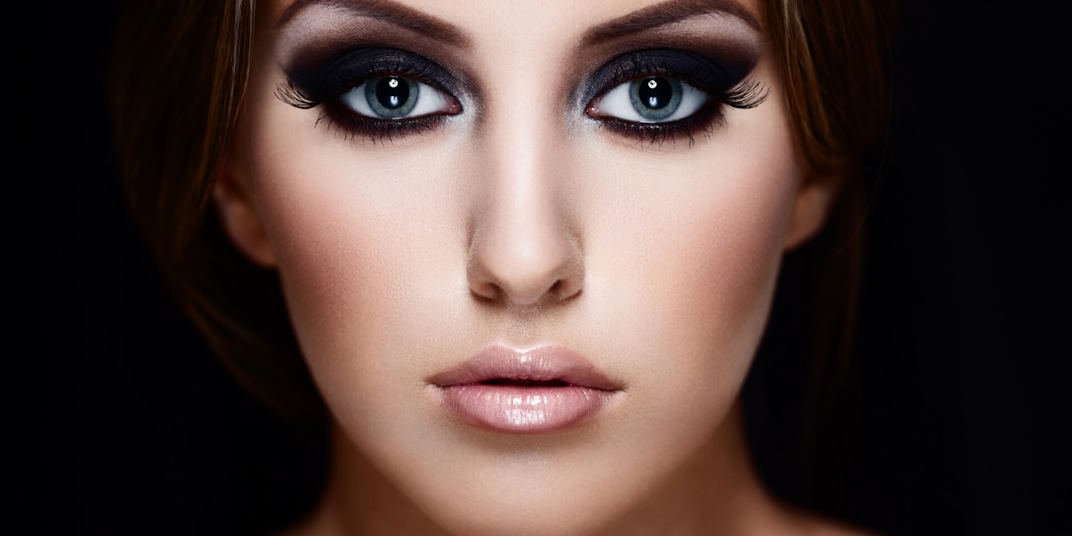Components That Are Better To Avoid In Makeup Products

Makeup is a beloved daily ritual for many, a form of self-expression, and a way to boost confidence. Yet, beneath the allure of perfectly painted lips and smoky eyes, there’s a hidden world within makeup products – a world of ingredients that can affect not only our appearance but also our health and the environment. Choosing the right makeup product involves more than just finding the perfect shade. It’s about understanding the contents of the products we apply to our skin.
What ingredients should I avoid?
Steering clear of specific ingredients is paramount for both the health of your skin and your overall well-being. Let’s explore some of the key components you should be cautious of:
Parabens
Cosmetic manufacturers incorporate these preservatives to prolong the lifespan of their products. Nevertheless, they can act like estrogen in the body and potentially interfere with the endocrine system. Although there’s no definitive evidence linking parabens to cancer or health issues, many opt to avoid them as a preventive step.
Phthalates
Commonly found in fragrances, phthalates can have a range of negative effects. Some can disrupt hormones, potentially leading to developmental and reproductive issues. They are also linked to allergies and skin irritation.

Fragrance
The term “fragrance” in cosmetic products can be rather misleading. It doesn’t merely represent a single, benign ingredient. Instead, it’s often a complex mixture of various synthetic chemicals, many of which aren’t disclosed on the product label. These undisclosed components range from potentially harmless scent enhancers to skin irritants and allergens.
Mineral Oil
Derived from petroleum, mineral oil creates a barrier on the skin’s surface. While it can trap moisture, it can also clog pores, leading to acne and breakouts. Opt for non-comedogenic products if you’re concerned about acne.
Formaldehyde
Often used as a preservative, formaldehyde can be harmful. Some cosmetics contain formaldehyde-releasing agents, which can be sensitizing and even classified as potential carcinogens. They’re best avoided.
BHA (Butylated Hydroxyanisole) and BHT (Butylated Hydroxytoluene)
These synthetic antioxidants are used to extend the shelf life of products. However, they have raised concerns about skin irritants and potential endocrine disruptors. Choose products without these ingredients for a gentler skincare routine.
In your quest for safe and skin-friendly makeup products, carefully read labels, research, and consider opting for cosmetics free from these potentially harmful ingredients. It’s an essential step toward a healthier beauty routine.





Comments are closed.